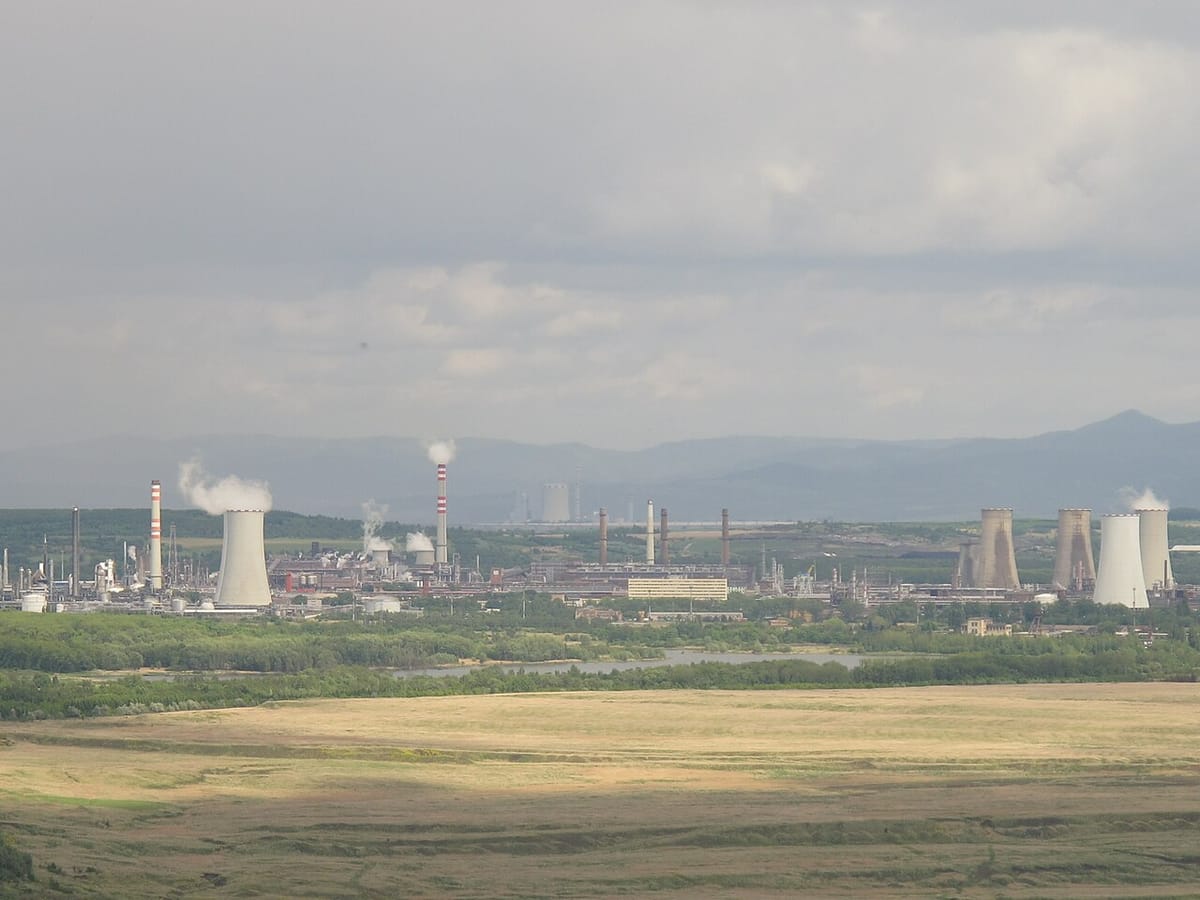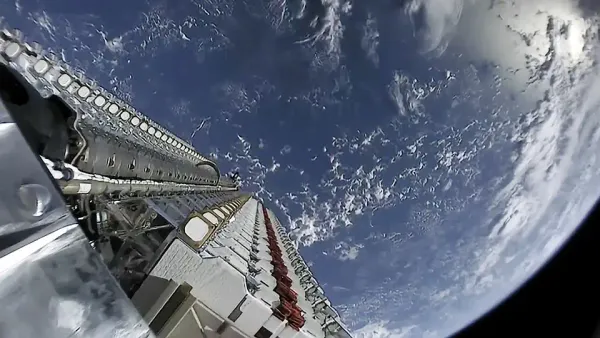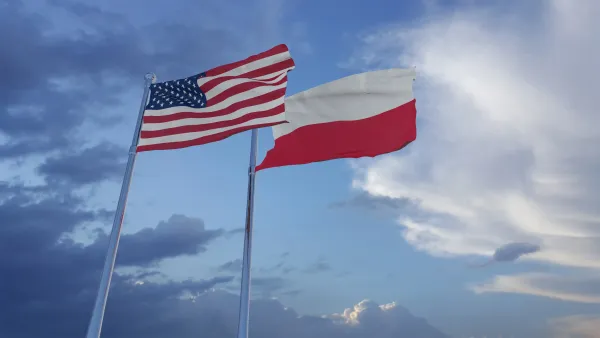
Poland's Orlen ends Russian oil imports to Czech refinery
Polish energy group PKN Orlen stopped importing Russian crude to its Czech refinery from 30 June, chief executive Ireneusz Fafara said, marking the end of the company’s direct reliance on Russian oil.
Fafara told a press conference: “We freed Central Europe from Russian oil today.” He confirmed Orlen’s contract with Rosneft for pipeline deliveries to the Litvinov refinery in north Czechia would not be renewed.
Orlen replaces Russian crude through multiple sources
Before Russia invaded Ukraine in 2022, Orlen imported around 10mn tonnes of Russian crude annually via the Druzhba (Friendship) pipeline. These volumes have since been replaced by diversified seaborne shipments from the North Sea, the Mediterranean, Saudi Arabia, the Americas and Africa.
The development comes as Central and Eastern Europe (CEE) accelerates efforts to reduce energy dependence on Russia and diversify supply routes.
Orlen said it now secures crude through Baltic and North Sea terminals, supported by long-term contracts with suppliers including Saudi Aramco. These flows supply its refining assets in Poland, Lithuania and Czechia.
Fafara said the transition had not disrupted operations or pricing. “The change has been smooth and secure,” he said.
Announcement aligns with broader energy shifts in CEE
According to the EU’s May 2025 energy transition roadmap, Russian pipeline oil accounted for 27% of EU imports in 2022, but had fallen to just 3% by early 2025.
Poland halted Russian gas imports in 2022, and Czechia completed upgrades to the Transalpine pipeline in April, allowing full operational independence from Russian oil. However, Hungary and Slovakia still rely on the Druzhba pipeline for the majority of their oil imports.
Orlen operates refineries in Plock, central Poland; Mazeikiai, north-west Lithuania; and Litvinov, north Czechia. Ending Russian imports to Czechia concludes the group’s decoupling strategy across CEE.
Ursula von der Leyen proclaims end of Russian 'blackmail'
The European Commission (EC) described Orlen’s decision as a milestone in the EU’s wider effort to end reliance on Russian fossil fuels. In June 2025, the EC proposed legislation that would phase out all Russian oil and gas imports by 2027, requiring member states to submit national diversification plans.
EC President Ursula von der Leyen said: "Russia has repeatedly attempted to blackmail us by weaponising its energy supplies. We have taken clear steps to turn off the tap and end the era of Russian fossil fuels in Europe for good."
The EC, working with EU energy regulator, the Agency for the Cooperation of Energy Regulators (ACER), will monitor national compliance closely.
Hungary, Slovakia urged to join 'final phase' of shift from Russia
Countries that had received temporary exemptions for pipeline oil such as Czechia, Hungary and Slovakia are now expected to present concrete timelines and infrastructure strategies to shift to alternative supplies.
The Commission has urged Hungary and Slovakia to accelerate investment in alternative infrastructure and explore capacity-sharing agreements with neighbouring EU states.
Officials in Brussels reiterated that "every euro spent on Russian energy prolongs aggression" and called on remaining states to join the “final phase” of the bloc’s decoupling strategy.
The European Commission is expected to revisit oil embargo compliance later this year. Orlen’s move positions Warsaw as a regional leader in energy diversification policy.





